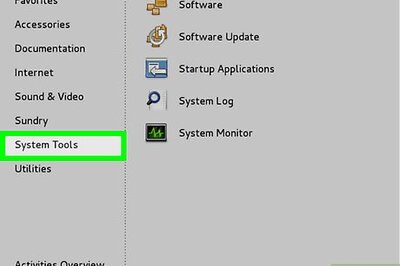
views
GENEVA/TRIPOLI: Voting on a new Libyan interim government moved to a second, run-off ballot on Friday after none of the four slates of candidates won enough support to secure victory in U.N. talks aimed at helping end a decade of violence and division.
The selection of an interim government is part of a U.N. peacemaking process based around holding national presidential and parliamentary elections in December in Libya, which has been engulfed in chaos since a NATO-backed intervention ended Muammar Gaddafi’s four-decade rule in 2011.
None of the four slates – each including a candidate for prime minister and three for a presidency council – secured 60% of votes from participants at the U.N. meeting near Geneva, the threshold needed to win outright in the first ballot.
The two slates with the most votes now go forward to a run-off vote scheduled for Friday afternoon, where a straight majority will decide the winner, U.N. acting Libya envoy Stephanie Williams said.
The list that won most votes in the first ballot had eastern-based parliament chief Aguila Saleh as head of a new presidency council and western-based interior minister Fathi Bashagha as premier. It will face a list that has Mohammed al-Menfi as council head and Abdulhamid Dbeibeh as prime minister.
Since 2014 Libya has been split between warring administrations in the west and east, backed by foreign powers.
However, with many factions in the country afraid to surrender influence they already hold, and with foreign powers invested in local allies, any new government chosen may rapidly come under pressure.
All candidates for the new government have undertaken to hold national presidential and parliamentary elections on Dec. 24 in which they will not stand for office, and to appoint women to 30% of senior government roles.
The United Nations publicly broadcast images of their signed pledges.
U.N. acting envoy Williams said the four competing lists formed among candidates on Thursday were diverse and represented Libya’s potential.
However, some Libyans have been critical of a process which they view as being managed from abroad and which they fear will allow existing powermongers to cling to their influence.
“It’s just a painkiller to portray Libya as stable for a while. But war and tension will certainly come back sooner or later so long as militias have power,” said Abdulatif al-Zorgani, a 45-year old state employee in Tripoli.
The latest U.N. process emerged from a Berlin conference last year and gathered pace in the autumn after commander Khalifa Haftar’s eastern-based forces were repelled from a 14-month assault on Tripoli.
It has also involved a military ceasefire but not all its terms of that ceeasefire have been met – a sign of continued mistrust on both sides and internal fractures within both camps.
Disclaimer: This post has been auto-published from an agency feed without any modifications to the text and has not been reviewed by an editor
Read all the Latest News, Breaking News and Coronavirus News here



















Comments
0 comment